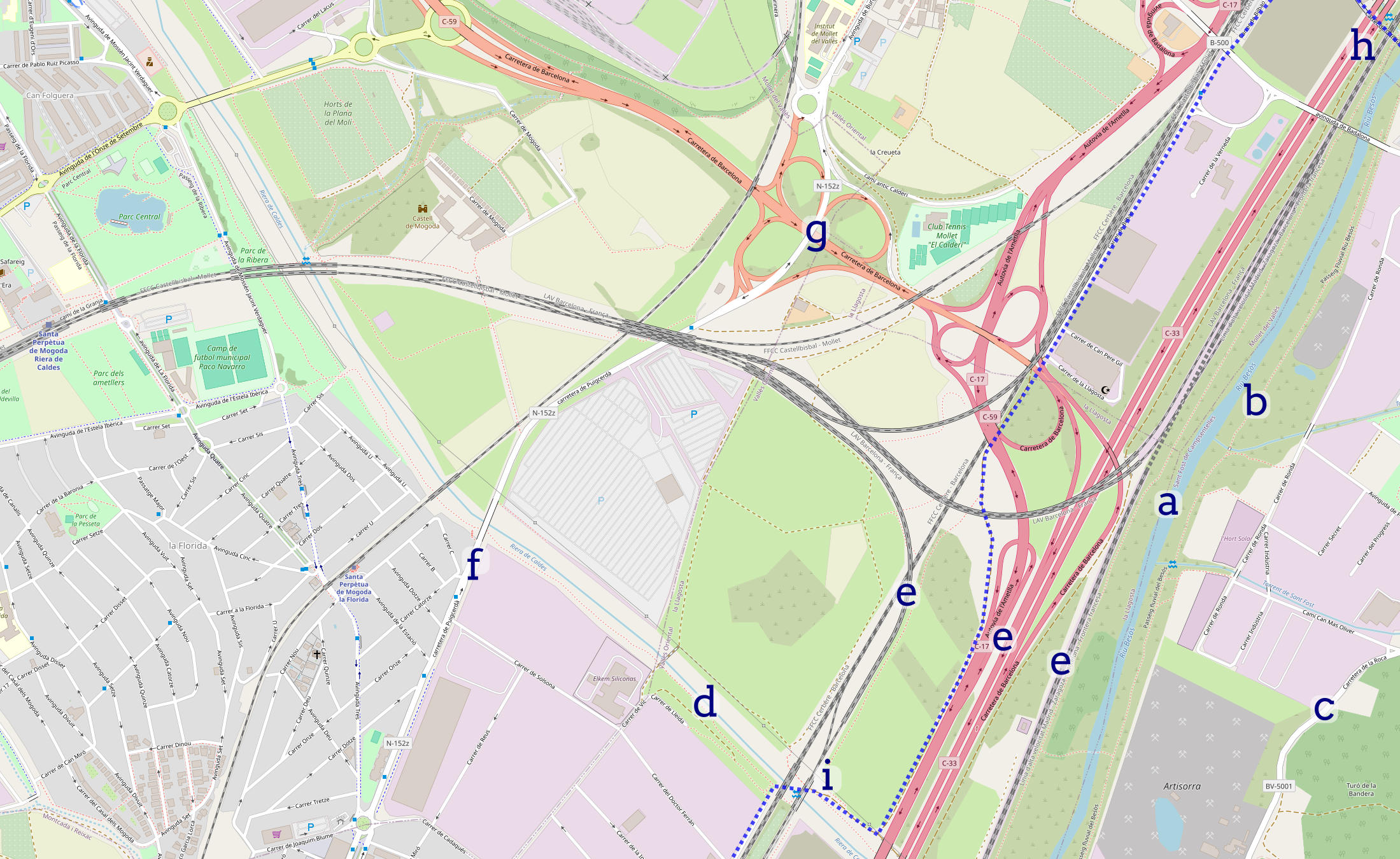Orbán, Israel, and Football
Recent events in Amsterdam have reminded folks that sports and politics are inseparable. But, it’s not the only such recent sports story, and not even the only one involving Israel and football.
Tonight Israel is playing against Belgium (as part of the Nations League, not to be confused with the League of Nations) … in Hungary. Why is the game taking place in Hungary? Well, UEFA (the folks in charge of football in Europe (why Israel is part of Europe for the sake of football is a whole other post)) decided back on October 19, 2023 that “After a thorough evaluation of the current safety and security situation in the whole territory of Israel […] that no UEFA competition matches shall be played in Israel until further notice.”1 Which makes some sense, except when you remember that Russia and Russian teams were outright banned from all competitions in 20222. But fine, no one expects UEFA to know anything about ethics.
Because of UEFA's decision Israel has had to play all of their “home” games in neutral venues, in this case in Hungary. While unusual this isn't entirely unheard of. Ukraine has been playing their “home” games at various stadiums in Poland since 20223 and the last time Palestine played a “home” game in Palestine was 20194! And there are a few other examples not related to ongoing conflicts, like Kosovo in 2018 and Turkey in 20055. So it's a thing, just not a super common thing.
But that still doesn’t answer: why Hungary of all places?
The first “home” game Israel played in Hungary on November 15, 2023 (vs. Switzerland, 1–1) was held at the Pancho Aréna in Felcsút. The Pancho Aréna opened in 2014 and can host 3,865 spectators. Felcsút has a population of 1,688. Felcsút also happens to be the home town of Viktor Orbán (the far right strong man “Prime Minister”) and a bit of a pet project for him. And that basically sets the tone for this whole story. There are really two parts to this: first there is Orbán’s interest in sports-washing in general, and obsession with football in particular; and second, there is Orbán’s relationship to Bibi/Israel/Jews and how it reflects the broader far right strong man constellation of our time.
The first part of this story is fairly straightforward. Like so many other authoritarian regimes, Orbán loves to bask himself in the “apolitical” goodwill glow of hosting large sporting events. In addition to graciously stepping in to host large international sporting events, Hungary has also seen an intense football stadium building spree. In the last decade nearly 2.5 billion euros were spent on stadiums6, with a fair chunk of that likely siphoned off to corrupt Orbán friendly oligarchs on at least 19 new stadiums plus renovations and upgrades of many others7. That's a lot!
The pinnacle of Orbán's efforts came in 2020 and 2021 with, yes, Covid. First the 2020 UEFA Super Cup final was moved from Porto to Budapest, and held with some restrictions (this was pre-vaccines, when no one else was holding such large events). And then during the 2020 Euros (held in 2021) the games in Budapest were the only ones to allow 100% attendance and had no restrictions. Because … what else do you expect from a far right strong man? It's the perfect mix of sports washing, populism, mass spectacle, anti-science/“elites”.
The second part is slightly less straightforward. Orbán and Bibi are good friends the way only two far right strong men can be friends. Hungary is also providing the neutral “home” venue for Belarus’ games. But, since this is Israel we're talking about, this isn't just about a shared ideology and world view. Orbán has insisted that Hungary is the safest country in Europe for Jews8. Then again, he has also spoken against race mixing, downplayed Hungary’s relationship to Nazi Germany, and promoted George Soros conspiracy theories9 10. It’s not actually surprising that a far right anti-immigrant strong man is also basically anti-semitic. What might be surprising (but shouldn't be by now) is his love of Israel. When Orbán speaks of combating anti-semitism in Hungary what he means is banning pro-Palestinian activity and leaning into Islamophobia more generally11. This is the direct parallel of the U.S. evangelical support of Israel. Essentially, Jews are fine, as long as they go live in Israel, help bash Muslism, and no one forgets that they aren't really part of Us (Hungary/American/whatever). A well trodden story, but it's still important to elucidate and call out the bullshit here.
The upshot of all that is that Orbán is extremely happy to come to Israel’s aid, and at the same time Israel is more than happy to legitimize Orbán and his football nonsense.
-
No UEFA competition match to be played in Israel until further notice.. UEFA. October 19, 2023. ↩︎
-
[https://www.uefa.com/news-media/news/0272-148df1faf082-6e50b5ea1f84-1000--fifa-uefa-suspend-russian-clubs-and-national-teams-from-a/](FIFA/UEFA suspend Russian clubs and national teams from all competitions). UEFA. February 28. 2022. ↩︎
-
Ukraine national football team results (2020–present). Wikipedia. Retrieved November 17, 2024. ↩︎
-
Palestine national football team results (2010–2019) & (2020–present). Wikipedia. Retrieved November 17, 2024. ↩︎
-
Home advantage: Neutral venues. Wikipedia. Retrieved November 17, 2024. ↩︎
-
The politics behind the most beautiful stadium in Europe you’ve never heard of. Philip Buckingham. November 26, 2023. ↩︎
-
It's hard to find a good definitively list, so I looked at the list of stadiums in Hungary in Wikipedia—in both English and Hungarian—and sorted by date. Hence the “at least”. ↩︎
-
Netanyahu and Orbán’s close ties bring Israel’s Euro 2024 qualifying matches to Hungary. Justin Spike. November 8, 2023. ↩︎
-
Viktor Orbán’s anti-Semitism problem . William Echikson. May 19, 2013. ↩︎
-
. Associated Press. July 27, 2022. ↩︎
-
Hungary to ban rallies supporting 'terrorist organisations', Orban says. Reuters. October 13, 2023. ↩︎
Posted on 17 November 2024 by Jedidjah de Vries — 5 min
